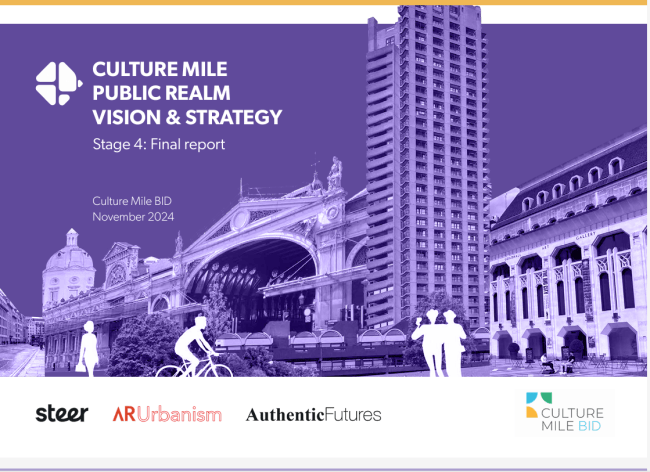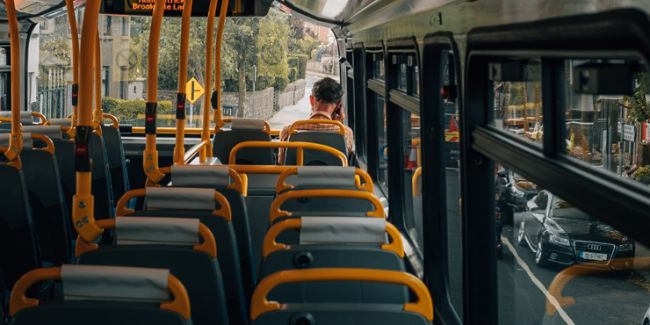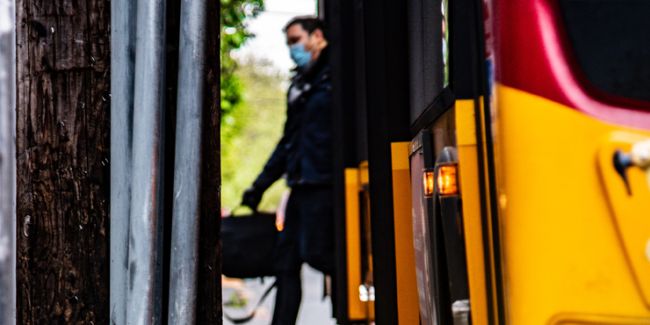Planning Reforms — a chance to get things right
In the recent Queen’s Speech, the Government reconfirmed its desire to speed up the development process.

In the recent Queen’s Speech, the Government reconfirmed its desire to speed up the development process. Behind the headlines is the concept that a Local Plan allocation will automatically equate to an outline planning permission in defined growth areas, saving time in the planning system.
Most existing outline planning permissions are accompanied by agreed means of access and transport strategies, and the logic remains that such detail cannot be left to later in the planning process. Accordingly, a sound but cost-effective transport strategy supported by suitable assessments to identify necessary mitigation and transport infrastructure will be even more critical at the Local Plan stage - that is much earlier in the process than tends to occur at present.
The question remains as to how this will be delivered in a robust, holistic, and effective manner in the reduced timescales desired by the Government.
Historically the Local Plan process has been a lengthy programme formed around establishing a set of local policies and then calling for sites and examining those that can be best brought forward within adopted policies. Since national policies have become simpler and more consistently formed, a great deal of Local Plan policies is common, and their replication could be considered unnecessary. The Local Plan will hence be simplified to defining areas that should be intensified (growth areas), suitably developed (renewal areas) or protected, and once determined, the development should come forward quickly.
Notwithstanding the complexities and nuances of proposed changes to the process, Steer envisage that determining new areas of development and associated infrastructure provision will be the topic of greatest interest for planning authorities, local communities, and landowners. If the planning reforms are to be successful, stakeholders should be properly informed of the associated transport, social, and utilities infrastructure necessary to deliver sustainable development and where the responsibilities lie for delivery, including associated costs. More importantly, stakeholders should be effectively involved in forging the type of places that people will want to live, work, and socialise in.
It follows that local transport strategies will need to be more focused. Furthermore, the suggestion of a simpler national levy to replace the current system of developer contributions will put greater onus on authorities coordinating the delivery of necessary transport infrastructure to support various developments being built out to varying trajectories. This all needs to be considered in the light of commitments to zero carbon objectives, sustainable travel, and disruption in travel patterns through emerging technology, accelerated by the Covid-19 crisis. At the same time, sight must not be lost of the Government’s key objectives of accelerating housing delivery and in particular the number of genuinely affordable homes. These are complex questions that will need experienced transport planners, collaborating with both local authorities and landowners to provide cost-effective answers working to a different set of priorities and much accelerated timescales. At the same time, there is likely to be greater scrutiny during the Local Plan process to ensure that transport strategies are robust and take account of a range of likely future travel scenarios.
If these simplified plans are to be the basis for a community’s future, there will be a wide range of interested parties wanting to ensure that the right decisions are made based on informed opinions. Steer is already advising a number of clients on cost-effective and forward-looking transport and infrastructure strategies to accompany major new developments and welcome the prospect of the new simplified regime.




















